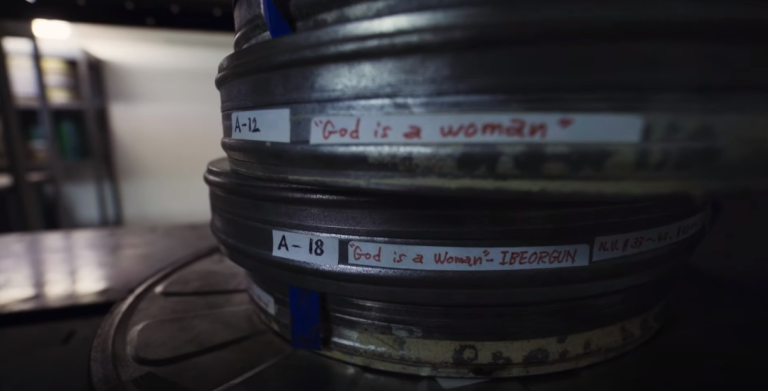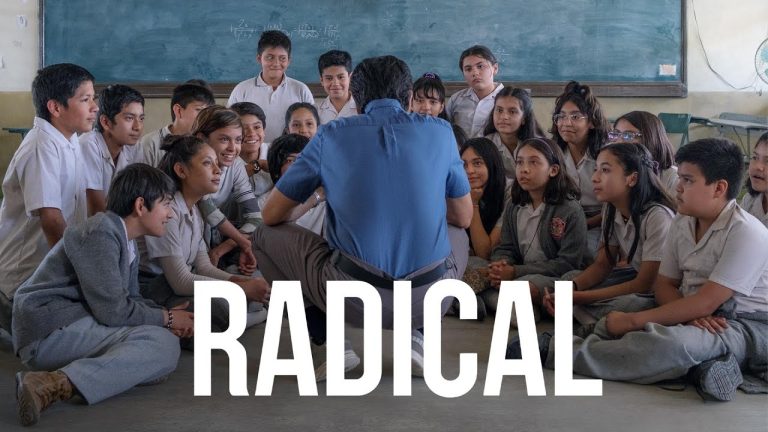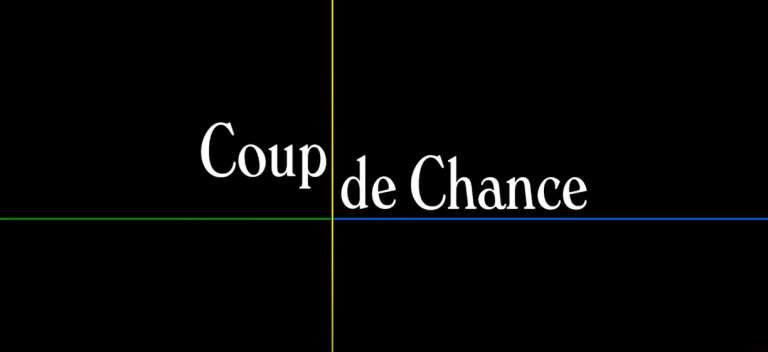
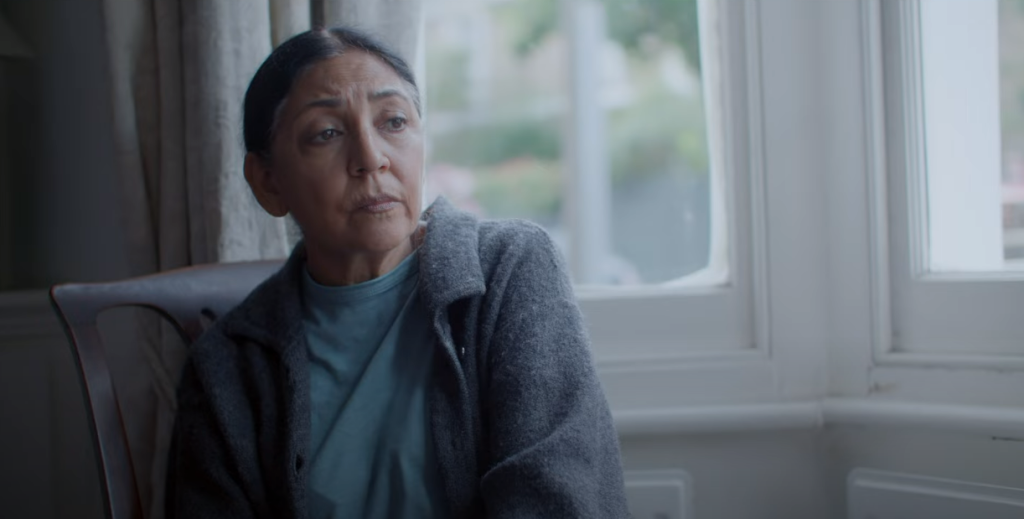
“Goldfish,” directed with sensitivity by Pushan Kripalani, emerges as a tender exploration of the intricate bonds between a mother grappling with dementia and her daughter, whose heart is burdened with lingering resentment. Deepti Naval’s portrayal of the ailing mother and Kalki Koechlin’s nuanced depiction of the daughter intricately weave together a poignant tapestry of familial complexities.
Set against an emotionally charged narrative backdrop, the film delves deep into the labyrinth of their relationship as they confront the harsh realities imposed by dementia. Kripalani’s storytelling delicately navigates the tumultuous terrain of their bond, capturing the raw essence of their struggles and the myriad of emotions that accompany them.

While “Goldfish” undoubtedly offers moments of poignant revelation, its leisurely pace may sometimes leave viewers craving more substantial narrative development. The promise of intrigue often feels just out of reach, leaving a sense of unfulfilled potential lingering.
Moreover, while the film admirably attempts to depict the complexities of the human psyche, it may fall short in fully exploring the depths of its characters’ inner worlds. The plot, though touching upon profound themes, may occasionally feel underdeveloped, leaving audiences desiring a deeper exploration of the human condition.

Nevertheless, “Goldfish” stands as a poignant testament to the enduring power of familial love and the resilience of the human spirit in adversity. Its evocative portrayal of the delicate dance between love and resentment serves as a reminder of the fragile yet indomitable nature of the human heart.
The film’s commitment to realism is evident in its meticulously crafted settings, authentic dialogues, and believable situations. Particularly striking is the portrayal of the neighborhood’s involvement in aiding the daughter in her mother’s care, emphasizing the significance of communal support amidst adversity and adding warmth to the narrative.
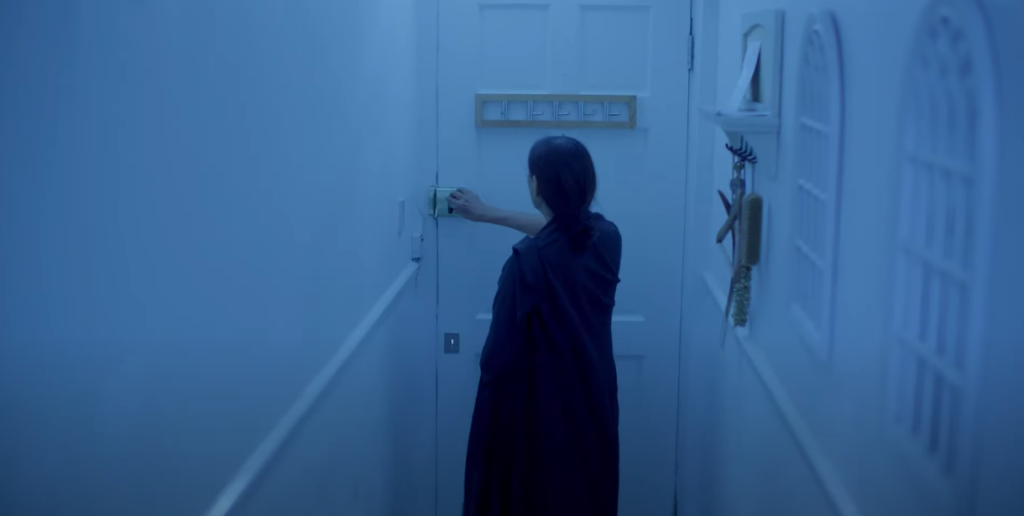
Despite commendable performances and genuine ambiance, the film grapples with weaknesses, particularly in its direction and writing. While it captures the complexities of the mother-daughter relationship and the challenges of dementia, its narrative structure may lack cohesion at times, leaving viewers searching for a clearer message or resolution. Additionally, focus on past traumas and the mother’s justifications for her behavior may detract from the central theme.
In essence, “Goldfish” succeeds in portraying the intricate dynamics of familial relationships and the realities of coping with dementia, yet leaves room for improvement in narrative cohesion and thematic focus. Nonetheless, its authentic portrayal of human emotion and the resilience of community support resonate deeply with audiences.
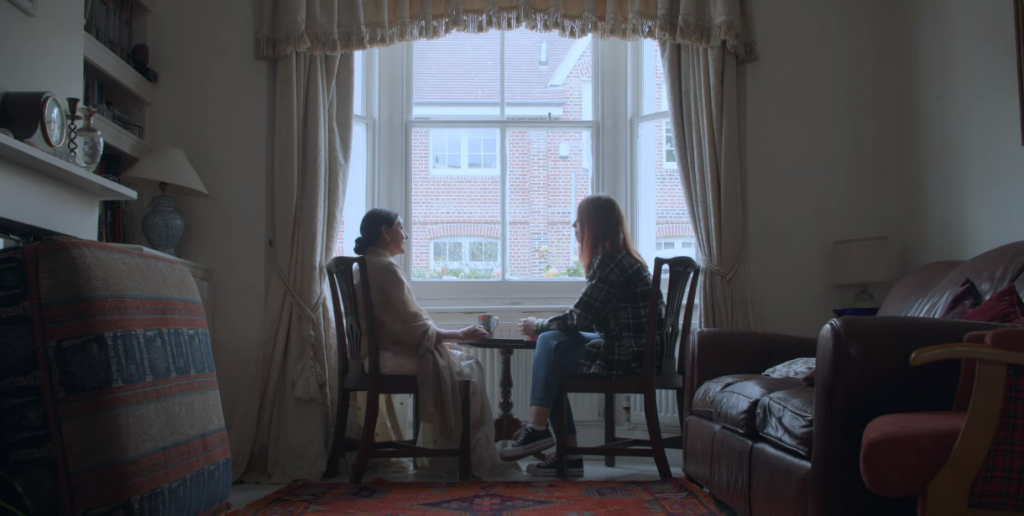
Kalki Koechlin and Deepti Naval’s performances anchor the film, infusing it with palpable emotion and depth. Koechlin navigates her character’s inner conflicts adeptly, portraying the complexities of her strained relationship with her mother, while Naval delivers a poignant portrayal of a woman grappling with dementia’s effects. Bharti Patel’s portrayal of Laxmi further enriches the narrative, adding layers to character interactions.
“Goldfish” serves as an artful exploration of human relationships, shedding light on a topic often overlooked in mainstream cinema. The film’s unflinching portrayal of dementia and internal struggles invites empathy, despite shortcomings in direction and writing. Overall, “Goldfish” remains a sincere endeavor, capturing the essence of complex family dynamics and offering a poignant exploration of the human condition.

| Strengths | Weaknesses |
|---|---|
| – Tender examination of familial complexities | – Leisurely pace |
| – Poignant portrayal of dementia’s effects | – Underdeveloped character depth |
| – Authentic settings and dialogues | – Lack of narrative cohesion |
| – Communal support portrayal | – Meandering storyline |
| – Strong performances by Koechlin, Naval, Patel | – Intermittent focus on past traumas |
| – Realistic depiction of human emotion | – Lack of definitive resolution |
| – Artful exploration of human relationships | – Narrative threads feeling underdeveloped |


